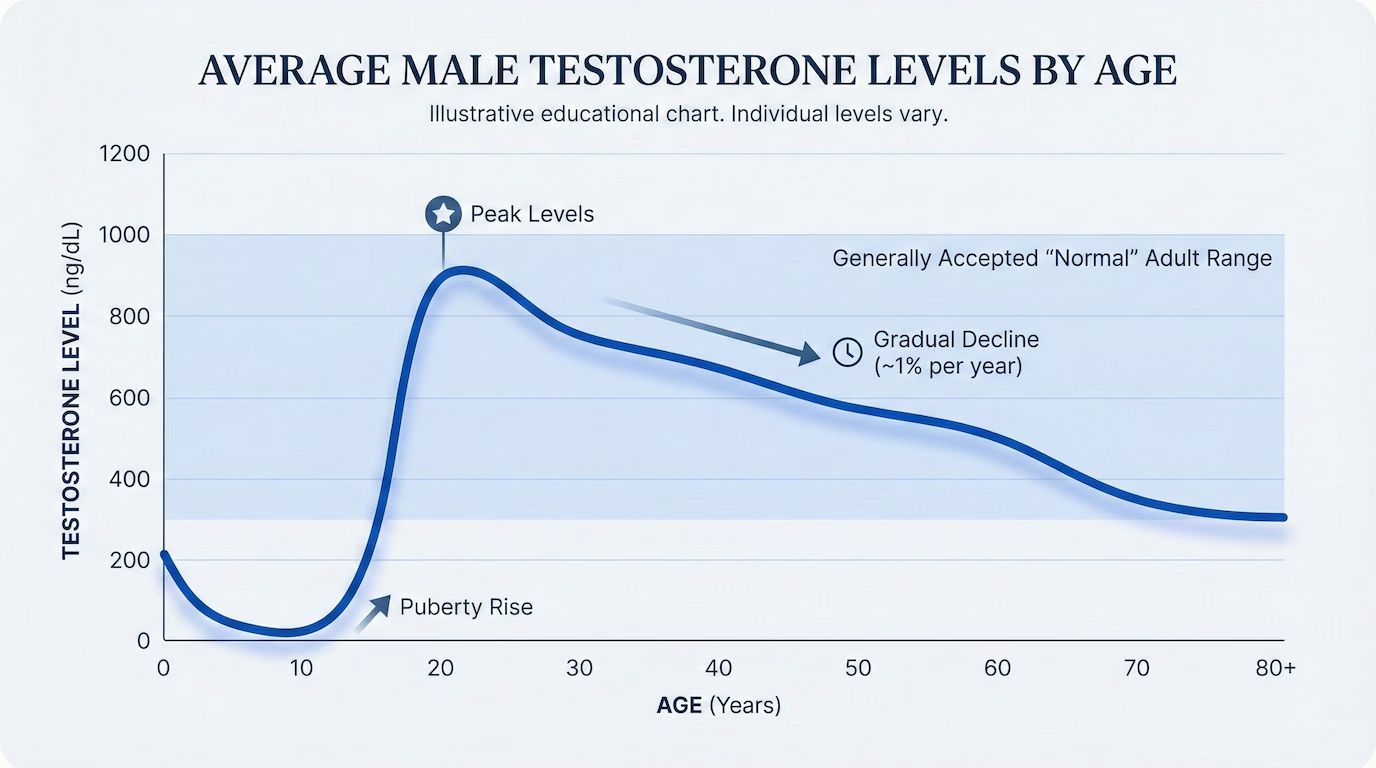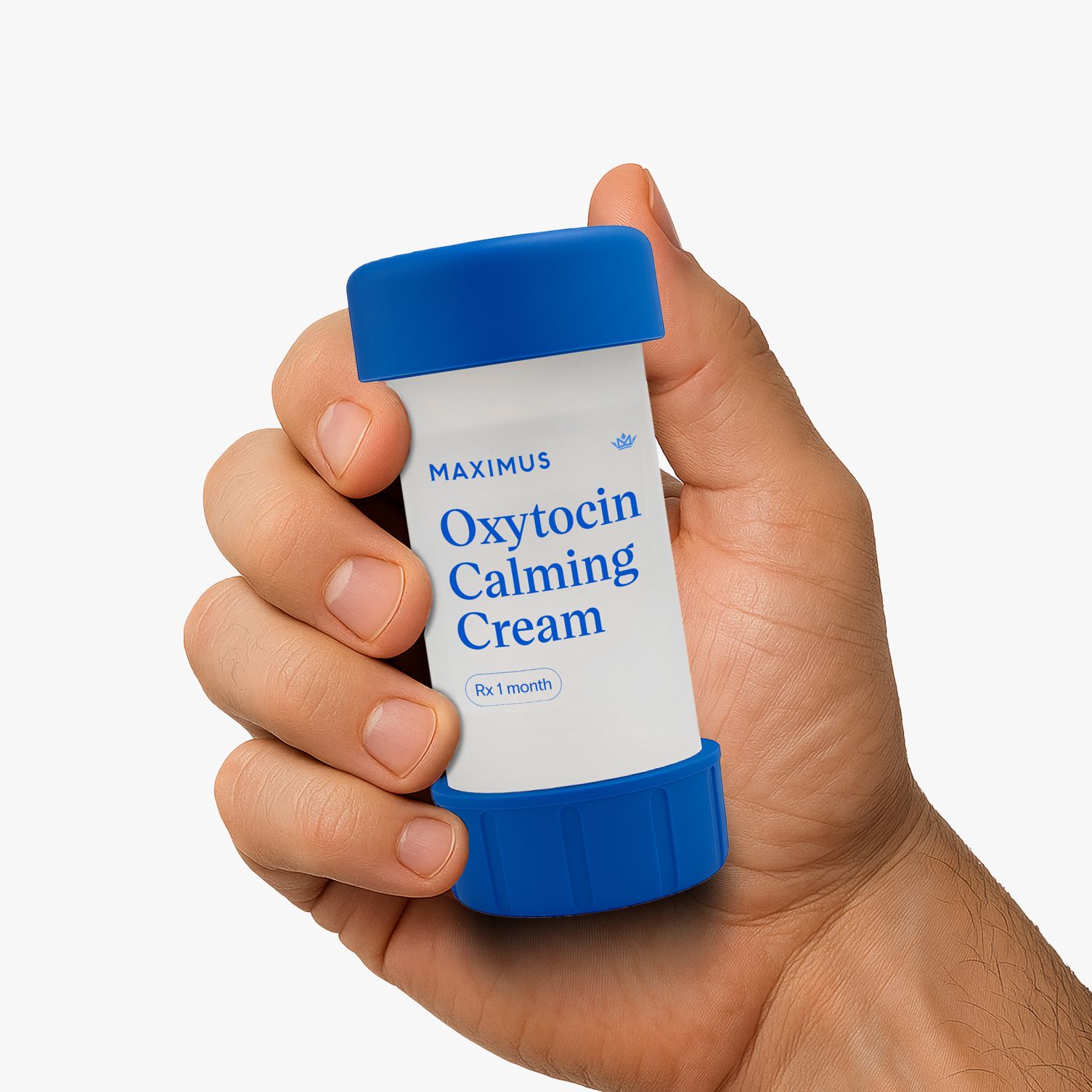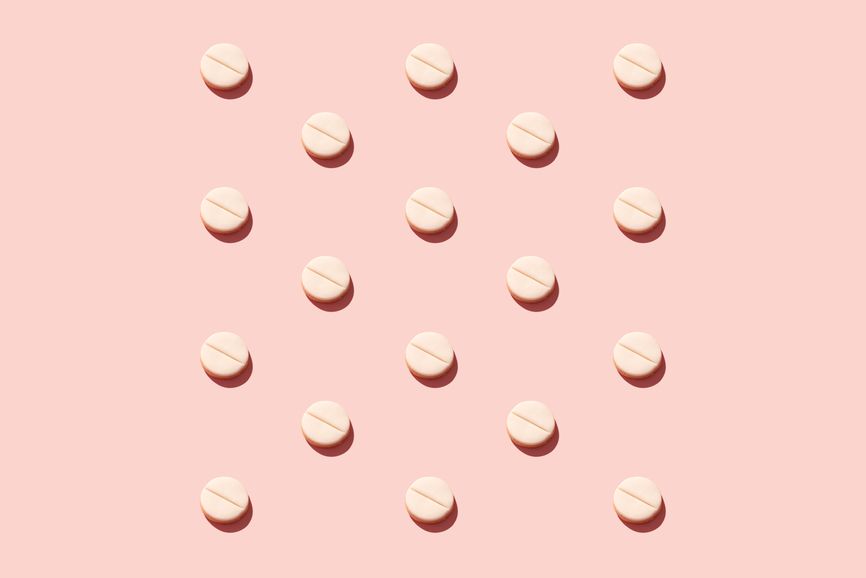Introduction
Since its introduction in 2003, tadalafil has become one of the most popular erectile dysfunction medications. Similar to drugs like Viagra (sildenafil) and Levitra (vardenafil), tadalafil has vasodilating effects, which means it widens the blood vessels to support better blood flow. But emerging research has shown the drug does not just improve blood flow to the penis. It can also increase blood flow to the brain, resulting in enhanced cognitive function like better memory and attention, while also lowering the risk of chronic conditions like dementia.
Read on to find out how tadalafil works, what research has revealed about the drug’s effects on cognition, and how to safely integrate the medication into your routine.
Key Takeaways:
- Tadalafil is a PDE5 inhibitor, which helps to improve blood flow to your brain for enhanced cognitive function.
- Taking tadalafil may improve memory, enhance learning, lift your mood, and even protect against cognitive decline.
- The best starting dosage of tadalafil is 2.5-5 mg, but always consult a healthcare professional first for personal safety precautions based on your medical history.
What is tadalafil?
Some of medicine’s most important discoveries–from penicillin to the birth control pill–were discovered accidentally. The story is no different for erectile dysfunction drugs. Both tadalafil and its popular counterparts sildenafil and vardenafil belong to a class of drugs known as phosphodiesterase 5 (PDE5) inhibitors. Intended to treat high blood pressure and angina, PDE5 inhibitors work by blocking the breakdown of a messenger molecule called cyclic guanosine monophosphate (cGMP), which leads to the relaxation of blood vessels and an increase in blood flow.
However, in the first clinical studies of PDE5 inhibitors, a nurse noted that when she went to check on men enrolled in the study, many of them were lying on their stomachs as if they were hiding something. They were hiding something: erections. The blood vessels the doctors intended to dilate in the heart were dilating in the penis, an unexpected and soon-to-be revolutionary side effect. Thus, Viagra was born, paving the way for other PDE5 inhibitors like tadalafil.
The main difference between tadalafil and sildenafil is that tadalafil has a longer half-life of around 17.5 hours, as opposed to sildenafil’s half-life of 4 hours. Men with ED tend to prefer the longer half-life if they have a more active or regular sex life because the drug allows for more spontaneity. Sildenafil, on the other hand, should be taken around an hour before having sex in order for it to work.
Tadalafil and cognitive function
Beyond its ability to help men have erections, another surprising discovery about tadalafil is its brain-boosting effects. Both erectile dysfunction and cognitive impairment have been linked to inflammation, and this 2019 study found that because the drug was able to cross the blood-brain barrier and reduce inflammation, it may improve erections and cognition. In addition to its anti-inflammatory activity, tadalafil also promotes increases of cGMP in cortical neurons, which is said to “restore learning capacity” in animal studies by affecting attention-related processes.
Even a low dose of tadalafil is sufficient for cognitive enhancement, according to this study in patients with erectile dysfunction and mild cognitive impairment. In males aged 50-75, daily use of tadalafil 5 mg increased blood flow to the postcentral gyrus, precuneus, and brainstem, prompting a “significant” improvement in cognitive function over just 8 weeks. The study also cites earlier research that found PDE5 inhibitors may arouse emotions, not just improving cognitive function, but also depressive states.
How tadalafil works
In addition to enhancing cognition by reducing inflammation as the above 2019 study found, researchers hypothesize that PDE5 inhibitors like tadalafil also improve cognitive function through increased cerebral blood flow. After all, MRI studies have demonstrated that individuals with mild cognitive impairment experience reduced cerebral blood flow, providing valuable diagnostic information. Hence, using a drug like tadalafil proven to improve vascular dysfunction through vasodilation and cross the blood-brain barrier, could be a game-changer in enhancing cognitive function.
There is also evidence that tadalafil increases cell survival in different brain tissues. In this 2009 animal study, tadalafil improved cognition by suppressing neuronal cell death in the hippocampal CA1 region part of the brain caused by ischemia, or restricted blood flow to the brain. This mechanism of action had neuroprotective effects, facilitating recovery following brain injury while improving short-term memory.
These neuroprotective effects may also be attributed to tadalafil’s impact on neurotransmitter activity, specifically dopamine. This 2013 study found that impairment of dopamine function, which is one of the main problems associated with cerebral ischemia, is known to have major effects on behaviors and cognition. Tadalafil administration was shown to increase dopamine D2 receptor expression in the striatum and substantia nigra regions of the brain, thus improving cognitive impairment caused by ischemia.
And when compared to other PDE5 inhibitors like sildenafil, tadalafil shines. This is especially true when it comes to memory impairment. Research has shown that tadalafil reduces oxidative stress in the hippocampus part of the brain, which may be responsible for memory enhancement. And because of its longer half-life and proven safety, researchers have called tadalafil “a promising approach for the chronic treatment of cognitive disorders.”
Safety and precautions
Tadalafil is generally safe and well tolerated with minimal side effects that rarely lead to discontinuation. These include mild headache, heartburn, muscle aches, and in some cases, dizziness. This medication may have contraindications with nitrates, which are often prescribed for chest pain (angina), and should not be used by individuals who have or have had heart problems in the past. The best starting dosage of tadalafil is 2.5-5 mg, but always consult a healthcare professional first for personal safety precautions based on your medical history.
If you’re taking this medication for cognitive enhancement, it’s also worth noting that the medication will not cause spontaneous erections. Sexual stimulation is still required for the medication to induce an erection.
The bottom line: Tadalafil is a brain-boosting supplement for better focus, enhanced memory, and a more positive mood.
While more research is still needed to understand tadalafil’s potential benefits on cognition, the findings thus far have been promising. This is especially true if you’re prone to powering through the day with caffeine, a stimulant also proven to increase activity in your body and brain, but not without sending you into an energy crash shortly afterward. With its long-lasting effects and safety profile, tadalafil has no such energy crash.
If you’re curious about how tadalafil can help unlock our brain’s potential, consider the Maximus Blood Flow Protocol, which combines tadalafil with vardenafil, another PDE5 inhibitor with vasodilating effects. With a shorter half-life, vardenafil ensures the medication works quickly–in as little as 15 minutes. When taken before an event that demands sharp mental performance, like an exam or interview, the Blood Flow Protocol will ensure you’ll be at the top of your game and stay there all day.
Learn more about the Maximus Blood Flow Protocol
Disclaimer: The contents of this article, including, but not limited to, text, graphics, images, and other information, is for information purposes only and does not constitute medical advice. The information contained herein is not a substitute for and should never be relied upon for professional medical advice. The content is not meant to be complete or exhaustive or to be applicable to any specific individual's medical condition. You should consult a licensed healthcare professional before starting any health protocol and seek the advice of your physician or other medical professional if you have questions or concerns about a medical condition. Always talk to your doctor about the risks and benefits of any treatment. Never disregard or delay seeking professional medical advice or treatment because of something you have read on this site. Maximus does not recommend, endorse, or make any representation about the efficacy, appropriateness, or suitability of any specific test, products, procedures, treatments, services, opinions, healthcare providers or other information contained herein. Maximus is not responsible for, nor will they bear any liability for, the content provided herein or any actions or outcomes resulting from or related to its use.





